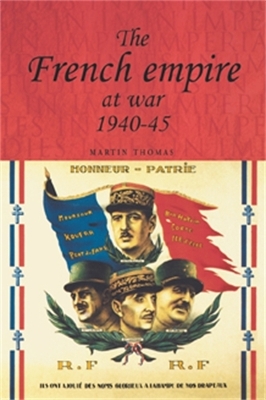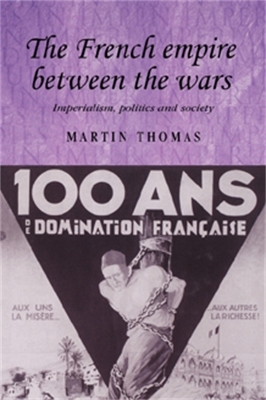Studies in Imperialism
2 total works
Draws on original research to look at the history of the divided French Empire - the Vichy and Free French Empires - during World War II. The text argues that, although the Vichy and Free French colonial authorities were only rarely masters of their own destiny during the war, preservation of some imperial control helped them both in different ways. The Vichy government used the empire to withstand German-Italian pressure for concessions in metropolitan France and it was key to their claim to be more than the mouthpiece of a defeated nation. For Free France, the empire had a poltical and symbolic importance which far outweighed its material significance. During the war, the Vichy empire lost ground to that of the Free French. This has often been attributed to the attraction of the Gaulist mystique and the spirit of resistance to the colonies. This book argues that the course of the war itself, and the initiatives of the major combatant powers played the greatest part in the rise of the Gaullist government and the fall of the Vichy.
"The French Empire Between the Wars" is the first study of the French colonial empire at its height in the twenty years following the First World War. Based on extensive archival research, it addresses current debates about French methods of rule and their impact on colonial peoples, the origins of decolonisation, and the role of popular imperialism in French society and culture. This book addresses several larger issues, such as tracing the origins of decolonisation in the rise of colonial nationalism, and a re-assessment of the impact of inter-war colonial rebellions in Africa, Syria and Indochina. The author analyses colonial decision-making in Paris and the renewed threat of global war, as well as colonial economic conditions and forms of discrimination in the empire to illustrate the process of French imperial decline.

